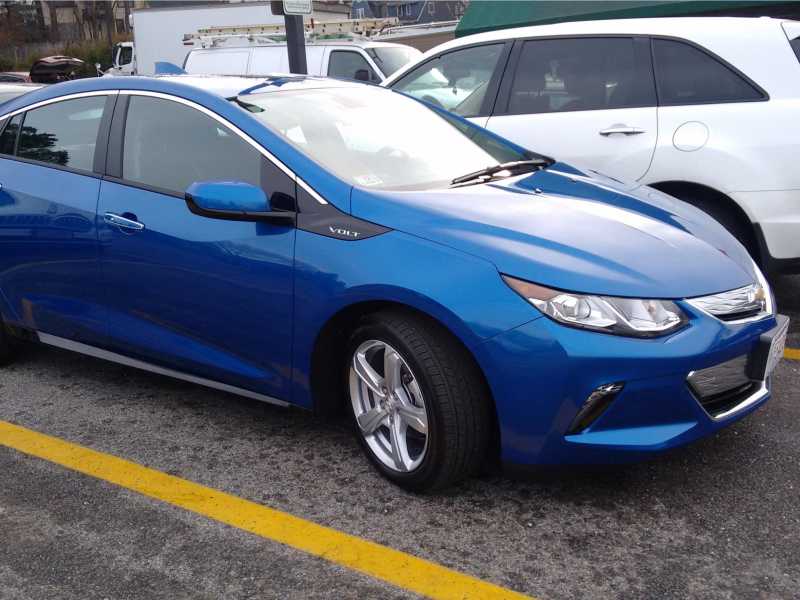Why Buy A Pre-Owned Electric Car?
You get a great car for a great price. The sellers of most used-EVs benefitted from a federal tax credit and state rebate, meaning they paid less than you might think for a new car. EVs far outperform combustion-engine vehicles in terms of acceleration, handling, and noise. The performance that comes standard in an electric car is typically something you pay a premium for when buying a gas-powered car because electric vehicles have instant torque and only one-speed transmissions. That means pre-owned EV drivers get a better car for less money. That’s why there should be some good deals on used EVs.
You pay less for maintenance and fuel. Buying a pre-owned gasoline-power car typically means running the risk of dealing with lingering engine problems, but this risk is substantially lower with EVs. There’s a lot less that can go wrong with an EV because their powertrains have fewer moving parts, so you can expect to spend very little time and money on maintenance over the life of the car, even when buying pre-owned. Plus, electricity is cheaper than gasoline, so you pay less per mile to drive a used EV. While new EVs offer significant cost savings over comparable gas-powered cars, the lifetime value of a pre-owned electric vehicle is even greater. Read more on our Electric vs. Gasoline Costs and Maintenance pages.
You have plenty of options to fit your lifestyle and budget. Some of the earliest EVs had limited driving range; an EV from 2015 or earlier is a great, affordable option for many who may only drive around town or parents who want a cheap car for their teenage drivers (limited range may be a plus there, too!)
If you use a car more frequently to commute or go on long trips, there are newer EVs from the last couple of years that you can buy pre-owned, including plug-in hybrids. Since many early-adopters chose to lease their first EVs, many pre-owned EVs will enter the market steadily as drivers end their leases and upgrade to newer EVs. (The overwhelming majority of people who have bought an EV say they will never go back to gasoline.)
Used cars are better for the environment. Manufacturing a new car releases carbon emissions, whether it’s electric or gasoline-powered. By purchasing a pre-owned car, you’re giving a second life to a vehicle that has already been produced, so the emissions have been accounted for. Buying a pre-owned EV is the greenest way you can own a car.
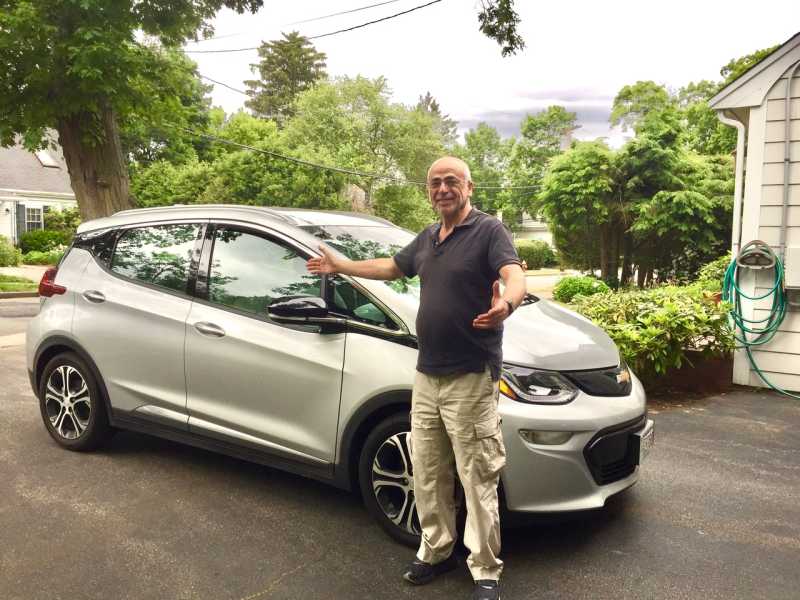
More reasons to drive electric
Whether new or used, there are plenty of reasons to drive an electric car. Surveys show that the more people know about electric cars, the more they want one. Plus, people who already drive electric report high levels of satisfaction. Learn more about the benefits of EVs here.
What Cars Are Available To Buy Pre-Owned?
Modern electric vehicles have only been in production since 2008. As of 2019, there are over 40 different EV models available for purchase in the United States. Leasing has been a popular option for many first-time EV drivers, so there are plenty of EVs available for resale. If you're looking for a car with specific features, the car-shopping process may take you longer, but for the most part, there's no shortage of affordable, good-condition EVs on the market.
We have just expanded our Drive Green program to cover pre-owned vehicles. If the car you're looking for isn't there right now, please check back soon, as we expect inventory to grow.
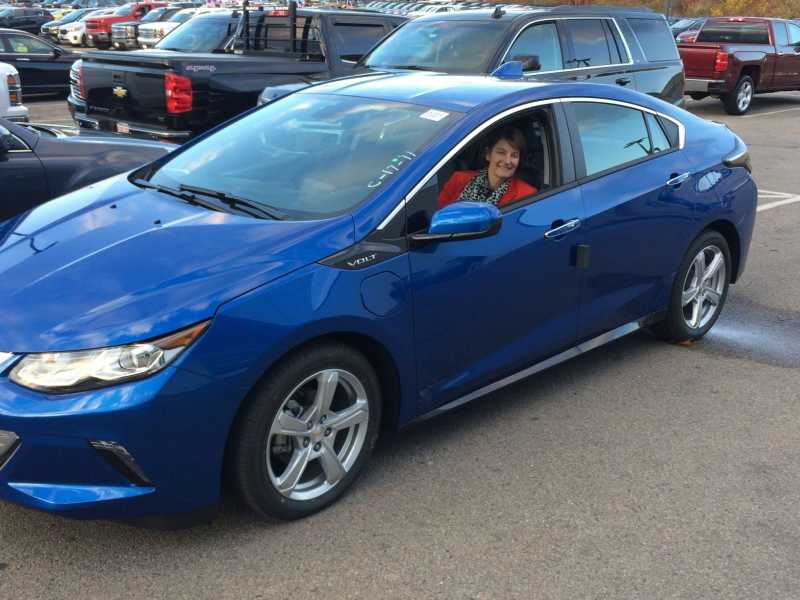
The best used electric vehicles for the money
Buying a pre-owned EV is all about getting the most bang for your buck. If you’re looking to transition to an electric car affordably, here are some of the best cars to consider.
Battery Health
Electric cars are mechanically simpler than gasoline-powered cars, so your list of things for a mechanic to inspect is much shorter if you want to buy a pre-owned EV. However, if you're shopping for an all-electric car, the battery is the most important part, and you should make sure that it's in decent condition before you commit to buying the car. We recommend looking up the EV you're interested in buying on Recurrent, which provides a free battery report using different data to help assess the health of the battery and it's expected range.
Batteries naturally lose storage capacity over time. Modern EVs haven't been around for long enough for us to have good data on expected capacity loss over the course of a decade. However, almost all of the EVs released since 2017 have sophisticated liquid-cooling of their battery packs, which minimizes degradation by keeping the battery at an optimal operating temperature. When you're shopping around, the most effective way to measure battery health is by taking a long test drive on hilly, flat, high-speed, and low-speed roads. If the range estimator aligns with the ground you cover, you’ll know the battery is in good condition. Expect to see lower range estimates in the cold weather. This step is especially important if you are thinking about purchasing a fully-electric car; plug-in hybrid batteries tend to maintain their electric driving ranges for longer.
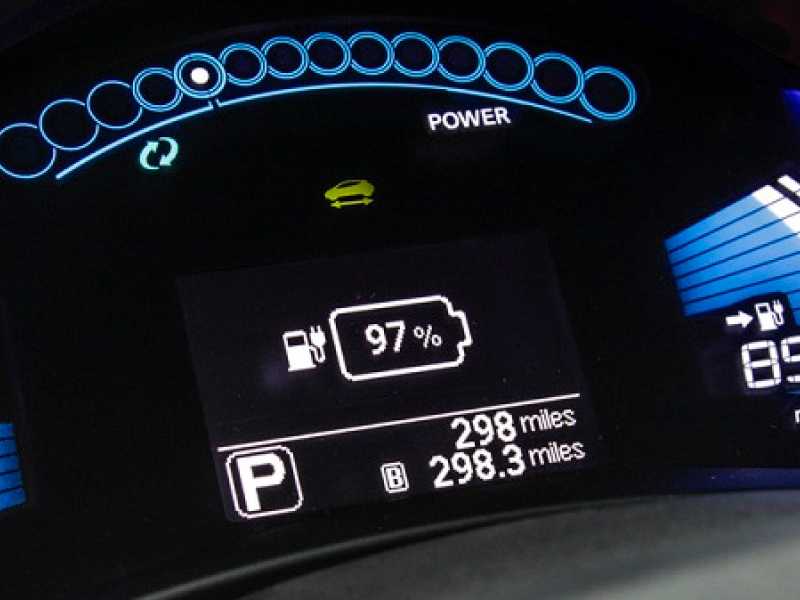
The Role of Battery Diagnostics in the Age of Electric Vehicles
Article from Midtronics, February 16, 2024
Warranties
Most EVs have an 8-year/100,000-mile (or similar) warranty on the battery, in addition to separate warranties for the powertrain and basic coverage. This warranty will protect your vehicle even if you buy pre-owned. However, the battery warranty will typically only cover replacement if capacity loss has fallen beyond a certain threshold. For example, the warranty on the 2018 Nissan LEAF only kicks in if the car loses 25% of its original capacity within 8 years or 100,000 miles, whichever comes first. Be sure to review warranty information for the car model and year that you’re considering purchasing so that you can replace the battery if you need to do so - though we want to stress that’s very unlikely.
Plug-in hybrids still have a gasoline engine, so if you’re buying one used, you should make sure all of those parts are in working order, too. However, since plug-in hybrids drive a portion of their miles on an electric engine and use regenerative breaking, there is generally less wear-and-tear on the gasoline powertrain and the brake pads, so you can expect fewer maintenance issues and greater reliability than with an internal-combustion-engine car. In fact, according to Consumer Reports, plug-in hybrids deliver on the maintenance savings of an all-electric vehicle when you consider lifetime costs – that means it will cost half as much to maintain a PHEV than a comparable gas-powered car. Still, make sure a mechanic takes a look at the car before you buy it.
Tips for buying pre-owned electric cars
The process of buying a pre-owned EV is very similar to buying any pre-owned car. For tips on negotiating, financing, and inspecting a potential vehicle, see the guides below for tips.
- Kelley Blue Book: 10 Steps to Buying a Used Car
- U.S. News: Completed Guide: How to Buy a Used Car
- Edmunds.com: 10 Steps to Buying a Used Car
- Consumer Reports: Used Car Buying Guide
Electric cars are mechanically simpler than gasoline-powered cars, so your list of things for a mechanic to inspect is much shorter if you want to buy a pre-owned EV. However, if you're shopping for an all-electric car, the battery is the most important part, and you should make sure that it's in decent condition before you commit to buying the car.
Decide how much range you need and how much you're willing to pay. Pre-owned all-electric cars can have driving ranges between 50 and 250 miles. The older the car, the fewer miles of range it will have, and the cheaper it will be. You can get a great deal on a low-mileage car if you know that 80 miles of driving range can work for you, but there are also plenty of pre-owned EVs that are nearly new and have great resale prices.
Investigate the car's history. When looking at an older car, make sure you know the state of the battery's health before you purchase. Battery state-of-health is measured as a percentage that represents the total amount of usable battery storage space. When a battery is new, it operates at 100% capacity, but as it ages, it loses storage and range. A battery is considered significantly degraded when it loses 20% of its original capacity. You may want to pass on cars that are in worse shape than that unless you know the warranty will cover battery replacement.
Buy from a trustworthy seller. A car mechanic can accidentally or intentionally reset an EV's battery management system, which will give you an inaccurate reading of how many miles of driving you get per charge. If that car seems too good to be true for the price or if an EV has exceptional battery capacity for its age, it's usually better to just walk away.
Take a long test drive. You should test drive any pre-owned car that you are seriously considering purchasing to make sure it's the right fit for you. Test driving is also a good opportunity to make sure the range estimator is accurate and that the EV performs well in a variety of driving conditions.
For further reading, check out the pre-owned EV buying guides below.
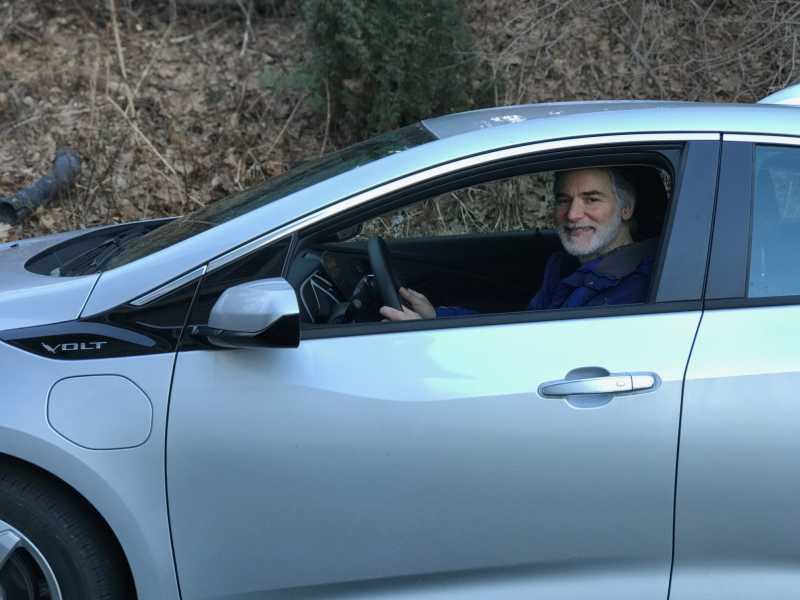
Pre-owned EV buying guides
- Consumer Reports: Best Used Electric Vehicles
- Edmunds.com: The Pros and Cons of Buying a Used EV
- Plug In America: Used Electric Vehicle Buyers' Guide
Watch our webinar on Pre-Owned EVs
We are grateful to the Massachusetts Clean Energy Center for supporting the expansion of the Drive Green program. For more information, visit the MassCEC's Clean Transportation page.



